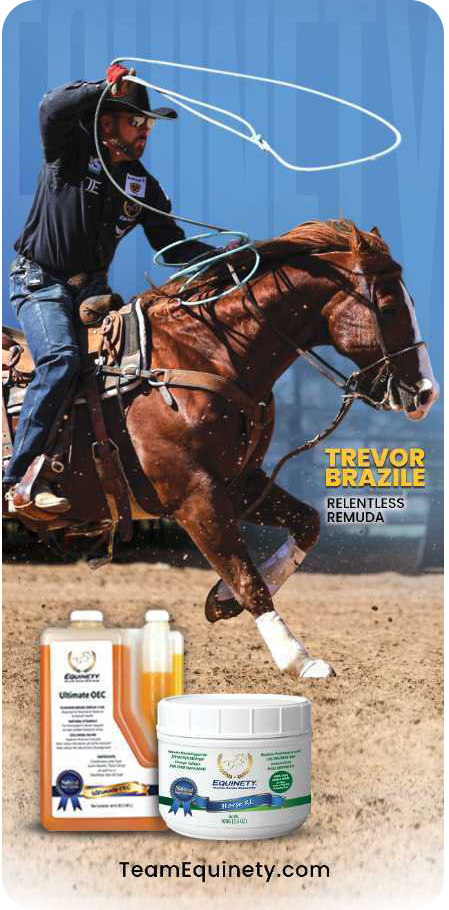Horse Supplements and Pregnant Mares
Horse supplements for the first horse I purchased wasn’t something that was on my mind… I bought my first horse when I was taking horsemanship classes in college and I rented a small stall in the university barn. My little mare was white with blue eyes and she was just under 15 hands. She gained weight very easily and my barn friends thought it was because she was short and stocky. After a couple of months, I worried that she was going to become overweight even though I was riding her in all my classes plus hours every day for fun.
I called an equine vet for the first time and he came out for a checkup. He was in the middle of a checkup and he was listening to her gut when he gave me an odd look. I was pretty worried. He told me not to worry. I had no clue what was happening. He laughed and told me that she was due to foal sometime in the next two months. I had no clue! My horse vet said that since I didn’t know until late, I hadn’t been able to guarantee earlier nutrition, so I should be careful to use good horse supplements and particularly protein and an equine amino acid supplement. Horse supplements can be critical to mare and foal health. Equinety is a safe supplement for mares and foals.
Proper feeding of pregnant mares is vital to the proper growth and development of the foal. The gestation length in the horse is approx. 11 months, with most of the fetal growth occurring in that last trimester, or the last 3-4 months. Because of this, the nutritional requirements of the mare, especially energy and protein requirements, vary from one end of gestation to the other. As the foal grows during the last 90 days of gestation, an extra strain will be placed on her body.
During the last portion of gestation as the foal is growing rapidly, the mare will usually eat less, as abdominal space usually occupied by the stomach is crowded out by the foal. It is at this time that additional supplementation is really needed to provide the protein, amino acids, and minerals that the mare needs to support the foal’s growth. Protein is a component of cells throughout the body, and vital to growing the muscles that will allow the newborn foal to stand on those spindly legs.
Allowing mares access to a salt lick during late gestation is important, so the proper amounts of salt can be provided to the foal. Salt is composed of sodium ions and chloride ions, which play an important role in electrical impulse conduction in the body, such as in the central nervous system. A deficiency of salt can lead, counterintuitively, to decreased water intake and a decrease to the cessation of eating. This may seem backward, because if I eat something salty, it makes me want to drink more, but decreased sodium in the nervous system leads to mental dullness, decreasing response to the body’s hydration regulation. As newborn foals have few energy reserves within the body, being mentally alert and having a good appetite is important to their overall health.
Being aware of your mare’s stage of gestation and adjusting nutrition appropriately will provide the best possible start for your foal’s life, so it can scamper across the pasture as it strengthens muscles and builds coordination







